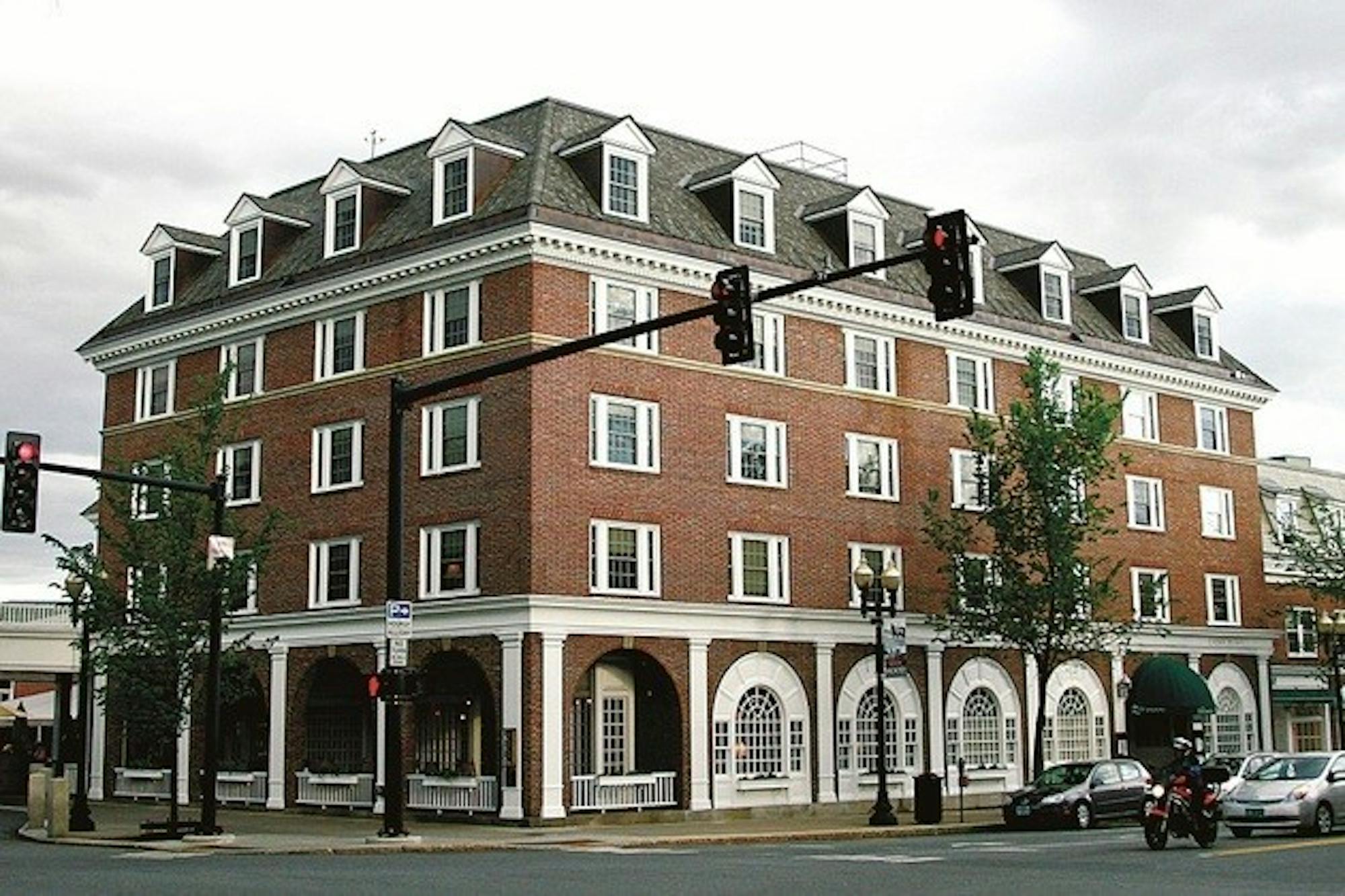On Oct. 30, Arts and Sciences faculty passed an advisory vote 243-63 on The Future of Arts and Sciences Project — a proposal to create a School of Arts and Sciences. College President Sian Leah Beilock will now decide whether to recommend the proposal to the Board of Trustees, which will vote — likely on Nov. 8 — to create a new “entity,” according to Dean of the Faculty Elizabeth Smith.
The new school would provide Arts and Science leadership with “strategic control” over the “educational mission” of the Arts and Sciences as well as increased budgetary and operational agency, according to the College website. According to past reporting by The Dartmouth, the reorganization would resemble the structure of other universities around the country that have separate schools under one institution.
If the Board approves the proposal, the project will enter an “implementation phase” that will take “at least a year-and-a-half,” Smith said.
“The main budget models are ironed out, and I think [they put] Arts and Sciences in a great position,” Smith said. “And then we’ll start to implement, and we can tweak along the way.”
The advisory vote was initially scheduled for May 20 but was postponed to this fall, The Dartmouth reported that month. The Arts and Sciences faculty instead voted on May 20 to narrowly censure Beilock for her actions on May 1, when 89 individuals were arrested at a protest on the Green.
Provost David Kotz — who co-led the project’s steering committee — said in an interview that he believes the proposal will lead to a “stronger Arts and Sciences and a stronger Dartmouth.”
“I’m very happy [that the vote passed], of course, because a lot of people have put a tremendous amount of work into this project to refine it and make it better and better,” Kotz said.
Smith added that the College’s current model “doesn’t work” in terms of budget and leadership structure. According to the Arts and Sciences proposal, the Student Affairs office and the Dean of Faculty currently receive an allowance from the Finance and Administration office. Those funds are determined separately from Arts and Sciences operations and can be reduced at the “managerial discretion” of the College President and Provost based on demands for resources across Dartmouth, according to the proposal. Under the new model, the School of Arts and Sciences would “directly” receive revenue from undergraduate tuition, the Dartmouth College Fund, distributions from endowments for financial aid and fundraising.
“[The current model] impedes our ability to innovate,” Smith said. “To stay with the current model is just to stay stagnant.”
The proposal would also create a new Dean of Arts and Sciences position that reports directly to the College President — which would eliminate the existing Dean of the College position. The project would create three divisions within the School of Arts and Sciences, led by the Dean of Faculty, a new Dean of Undergraduate Student Affairs and a new Dean of Undergraduate Education, all of whom would report to the Dean of Arts and Sciences, The Dartmouth reported in May.
According to the proposal, the Dean of Arts and Sciences would be a tenured member of the faculty selected through a national search process.
Film and media studies department chair Roopika Risam said she was “happy” to vote in favor of the proposal because she believes the current model is “antiquated” and does not provide “autonomy.”
“This is a step in a positive direction towards Arts and Sciences having more control over setting financial priorities for ourselves,” Risam said.
Risam — who is also a member of the Committee on Priorities, which sets financial goals for the faculty of Arts and Sciences — said the committee was asked to meet with the project’s steering committee at “multiple stages of the development of the proposal” about the structure of the budget model.
“That was an opportunity to understand how the budget works under the current system and how a different budget model that actually reverted money directly to Arts and Sciences would give us autonomy,” Risam said.
French and comparative literature professor David LaGuardia said his thoughts about the proposal were “very complicated” because humanities department resources have been “reduced greatly in recent years.” He added that the proposal is a “big change” that is “frightening for a lot of people.”
“I was afraid that a proposal that would call for more administrators would push more of the resources of the College to the top and … deprive us of more resources,” LaGuardia said.
However, LaGuardia said he changed his mind and voted for the measure after hearing colleagues speak “eloquently in favor of the proposal” during the meeting’s open discussion period.
“I’m hoping that if the funding works out as they explain it’s going to work and if there are dedicated advancement personnel for the Arts and Sciences, … the budgetary restrictions on the kinds of things we’re able to do will be less,” LaGuardia said.
English and creative writing professor Alexander Chee said he voted against the proposal because it does not create a faculty governance structure. He added that the proposal instead pushes the issue of faculty governance “down the road.”
“The proposal was identified as the important thing to do first, then once that was ratified, we move to discussing faculty governance,” Chee said. “But then we’re moving into a structure then that … [is not] built for it currently.”
However, Chee said it is “entirely possible” to establish faculty governance “later.”
“My biggest problem, simply, [is that] I didn’t see the path given what was there,” Chee said.
Kelsey Wang is a reporter and editor for The Dartmouth from the greater Seattle area, majoring in history and government. Outside of The D, she likes to crochet, do jigsaw puzzles and paint.




